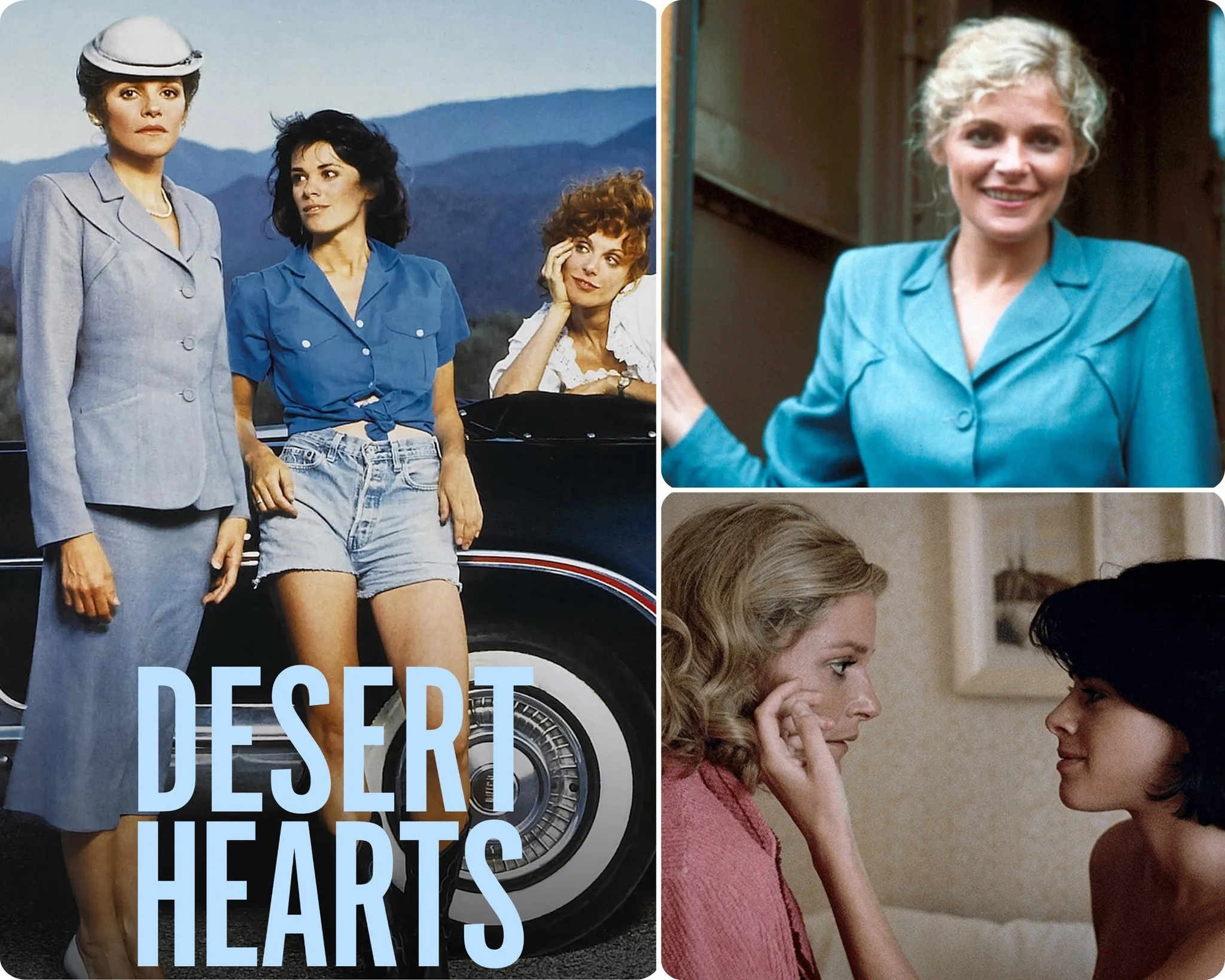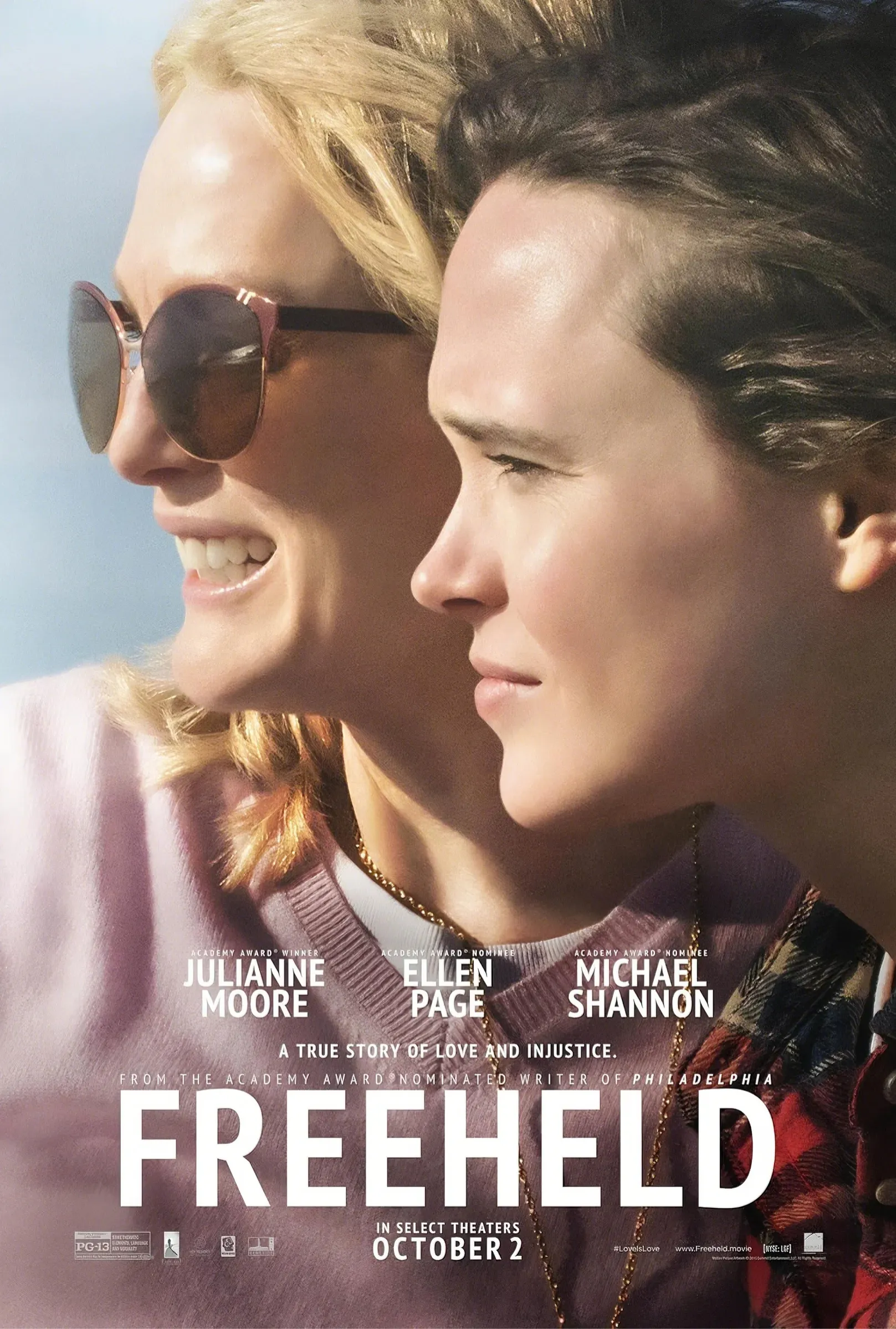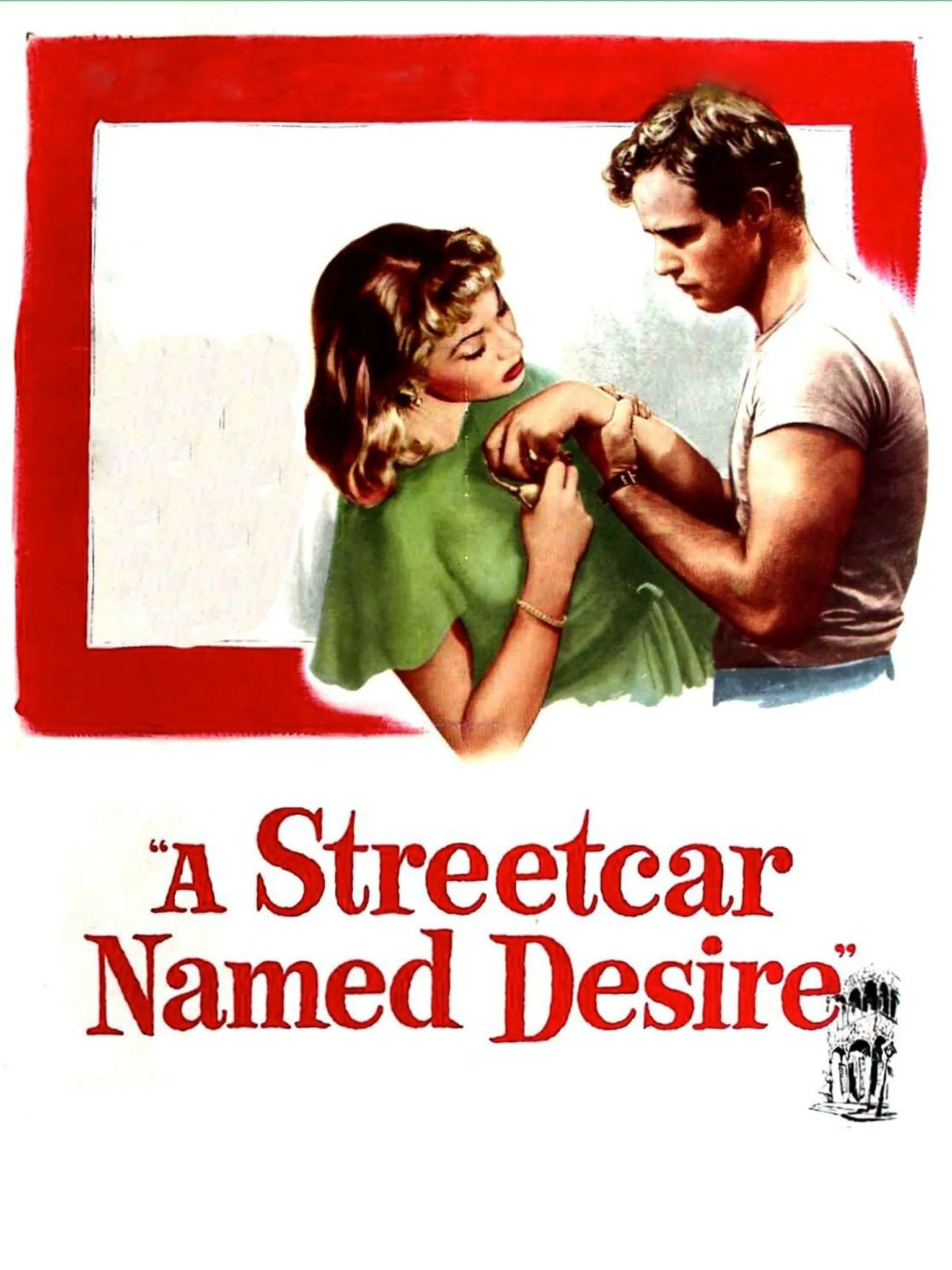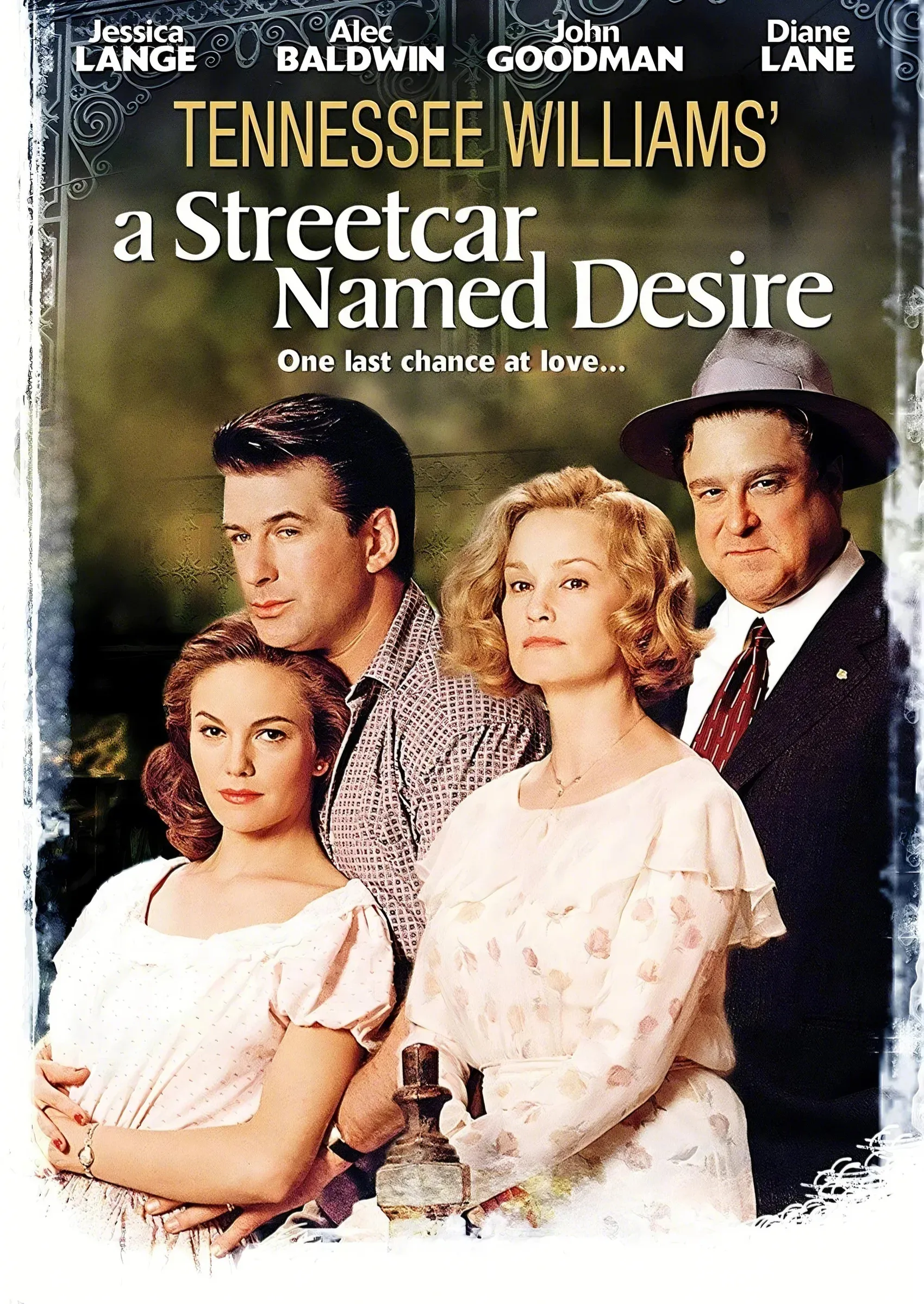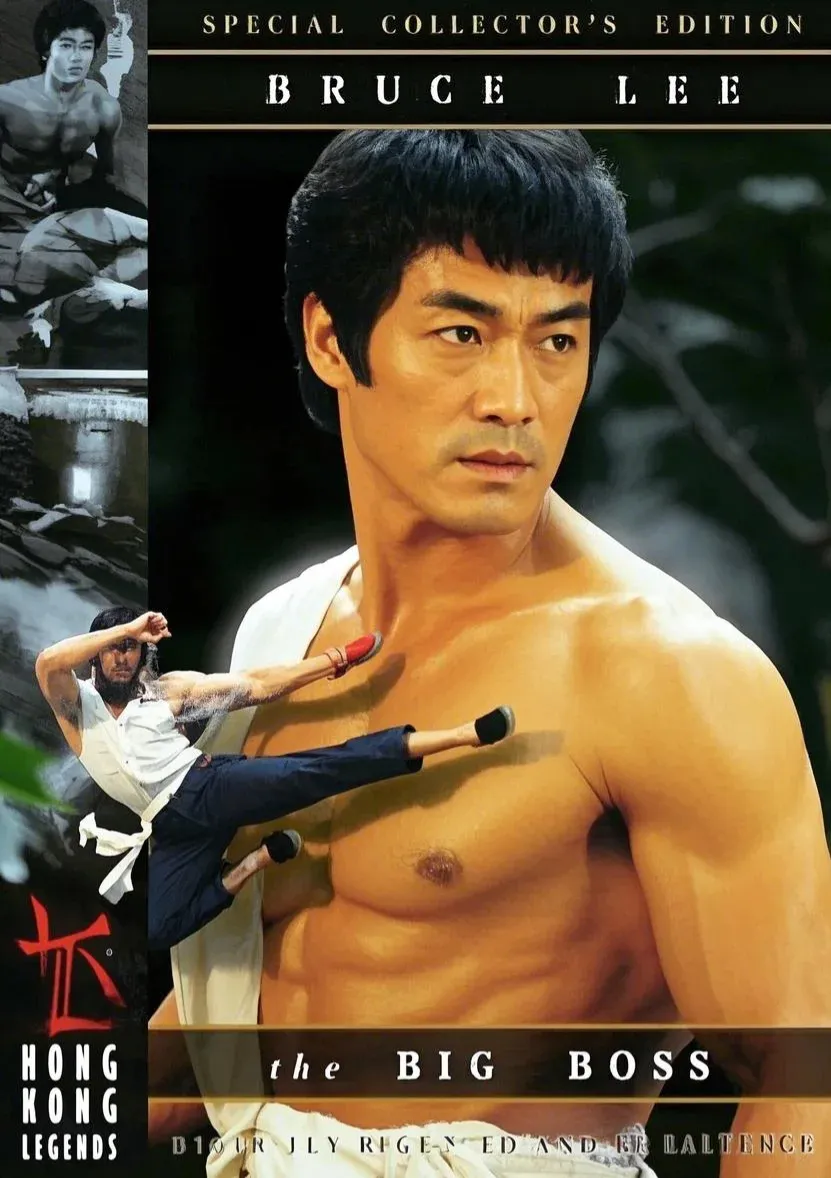Desert Hearts (1985)
Desert Hearts (1985), directed by Donna Deitch, is a groundbreaking romantic drama set in 1959, in the stark yet beautiful desert landscape of Nevada. The film, adapted from the novel Desert of the Heart by Jane Rule, is a tender exploration of love, self-discovery, and the complexities of sexual identity. The story revolves around Vivian Bell (Helen Shaver), a reserved and intellectual English professor from New York, who arrives in Reno to pursue a divorce. She hopes to get a quick, no-fuss separation from her unfaithful husband and return to her routine life. However, as Vivian settles into her new surroundings, she meets Cay Rivvers (Patricia Charbonneau), a carefree, vivacious, and sexually liberated woman who works as a mechanic and often challenges the conservative norms of her community. While Vivian initially views Cay with skepticism, she finds herself increasingly intrigued by her free-spirited nature and unconventional views on life and love. As the film progresses, the bond between Vivian and Cay deepens, evolving from a friendship to something more intimate. Despite the differences in their personalities, the two women begin to form an undeniable connection that defies the societal expectations of the time. Vivian, who has spent much of her life conforming to societal norms and repressing her true desires, begins to question her own identity and feelings. Her interactions with Cay ignite a sense of awakening, forcing Vivian to confront her repressed desires and embrace the possibility of a love that she had never allowed herself to consider. Cay, on the other hand, is open about her sexuality and unapologetically expresses her desire for Vivian, pushing her to explore a love that was once foreign to her. Their relationship is at times challenging, but it also allows both women to explore the deeper emotional and physical intimacy that had previously been suppressed in their lives. The film delicately portrays the tension between their emotional growth and the societal constraints of the 1950s, when lesbian relationships were not only taboo but also illegal in many places.

In the final act of Desert Hearts, Vivian must come to terms with her feelings for Cay and make a choice about how she wants to live her life moving forward. The pressures of societal expectations and her own internal conflict weigh heavily on Vivian as she contemplates whether to return to her old life or embrace her newfound love for Cay. The film’s resolution is not a simple or easy one, as Vivian ultimately chooses to follow her heart, despite the difficult and painful consequences. Desert Hearts ends on a note of hope, with Vivian deciding to leave behind her old life and begin a new chapter with Cay, even though the path ahead is uncertain and fraught with challenges. The film’s bittersweet ending underscores the themes of personal liberation and the courage it takes to live authentically, even in the face of societal disapproval. The final moments reflect the idea that love, though complicated and often difficult, is an essential part of self-discovery and fulfillment.

Desert Hearts is a groundbreaking film in the history of LGBTQ cinema, offering a nuanced and sensitive portrayal of a same-sex relationship during a time when such stories were rarely seen in mainstream media. Through its beautiful cinematography, evocative performances, and poignant storytelling, the film provides a compelling exploration of love, identity, and the transformative power of self-acceptance. The performances of Helen Shaver and Patricia Charbonneau are deeply moving, capturing the emotional vulnerability and growth of their characters with authenticity and grace. Desert Hearts remains a milestone in queer cinema, not only for its boldness in addressing a lesbian romance but also for its exploration of universal themes of love, desire, and personal transformation. The film resonates with anyone who has ever struggled to accept their true self, making it a timeless and significant piece of cinema that continues to inspire audiences today.
